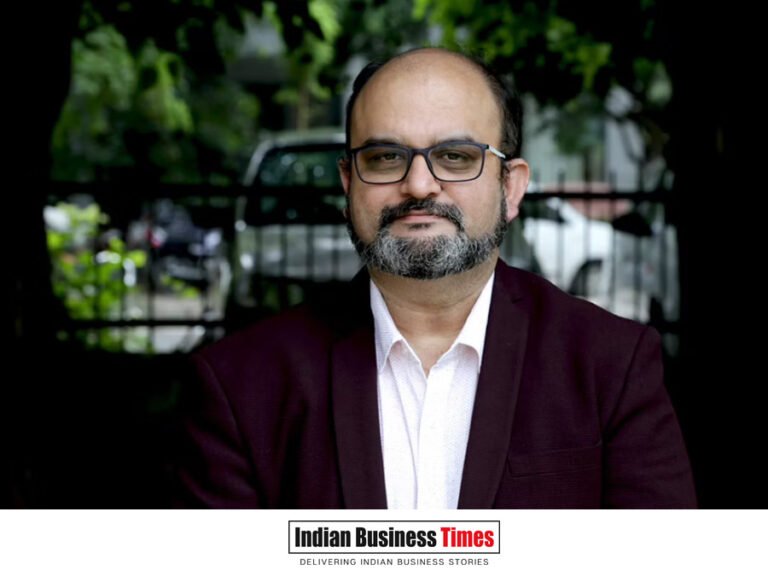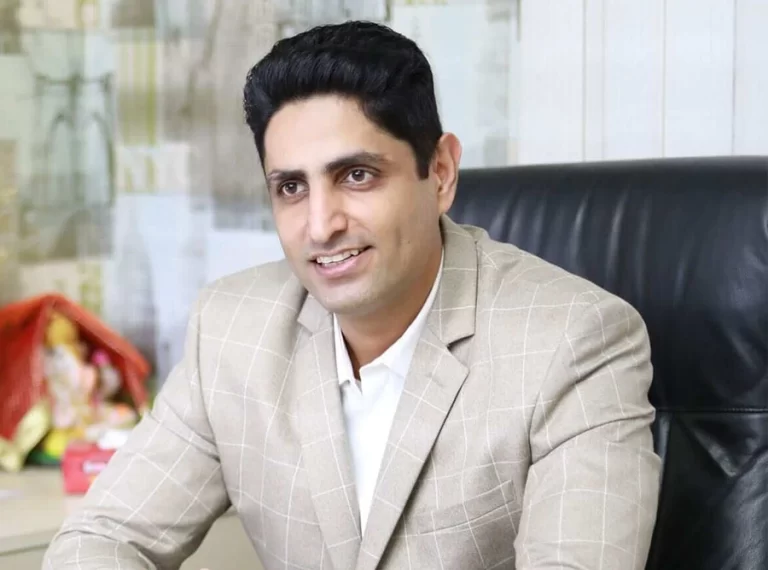Meet The Man Who Revived India’s Golden Fibre, Ghanshyam Sarda
Once a symbol of economic power in Kolkata, the jute industry faced decline until Ghanshyam Sarda’s revival efforts. This article explores Ghanshyam Sarda’s journey of modernization and sustainable growth.
Kolkata, India, July 24, 2024: The jute industry once stood as a symbol of economic power in the heart of Kolkata, where the Hooghly River flows and history whispers through colonial structures. Known as the “golden fibre,” jute was the lifeblood of Bengal’s economy. However, in the late 20th century, this once-thriving industry saw a severe decline as a result of labour disputes, outdated machinery, and intense competition from synthetic substitutes. In this dormant industry, one man named Ghanshyam Sarda stood out as a ray of hope.
Ghanshyam Sarda, the chairman of the Sarda Group of Industries, stepped in with major responsibility to this dying industry and its workers. Kolkata’s jute mills were operating at a fraction of their capacity, with a demoralised workforce. Driven by a deep respect for his family’s heritage and a passion for the industry, Mr Sarda took on the enormous task of revival. He has also provided a source of income to thousands of workers directly/indirectly with the expansion of jute mills in different states of India. He emphasised the need for training centres and skills upgrades for increased productivity and improved jute products.
“When I looked at the jute industry, I didn’t see a decline. I saw untapped potential,” Ghanshyam Sarda recalls. His concept was based on his firm belief that jute has its own value and is still relevant in a world where people are becoming conscious of sustainable materials.
Also read: How Manoj Tulsani Built Rayna Tours & Travels from a Single Travel Outlet
The strategy used by Ghanshyam Sarda was detailed. He initiated a comprehensive modernisation drive, investing in the latest machinery to increase efficiency and product quality.
However, Ghanshyam Sarda understood that machinery alone couldn’t resurrect the industry. The workforce required revival after years of neglect and dissatisfaction. He implemented training programmes to upskill workers, ensuring they could operate new machinery and adapt to modern production techniques.
“Our workers are the backbone of this industry,” Mr Sarda emphasises. “We’re not only increasing production when we invest in their skills and well-being, but we’re also restoring appreciation for their profession.”
Furthermore, Ghanshyam Sarda improved working conditions, provided better wages and benefits, and fostered a sense of ownership among employees. His approach was rooted in open communication and shared sacrifice. During challenging times, he worked alongside his team, even when it meant salary cuts across the board.
Recognising the global shift towards eco-friendly products, he positioned jute as a sustainable alternative to plastic. In addition to opening up new markets, this approach aligned the sector with the growing environmental concerns. There were difficulties along the way. The world market for jute continued to be extremely competitive, with new countries becoming major players. Nonetheless, the Sarda Group was able to carve out a niche because of its emphasis on quality and innovation.
Today, the impact of Ghanshyam Sarda’s resilience is evident. The Sarda Group operates several mills, providing employment to thousands and contributing significantly to the local economy. More importantly, it has sparked a broader revival of the jute sector in India, promoting sustainable practices and innovation.
Also read: Diavo Jewels Redefining Modern Luxury in the Jewelry Sphere









